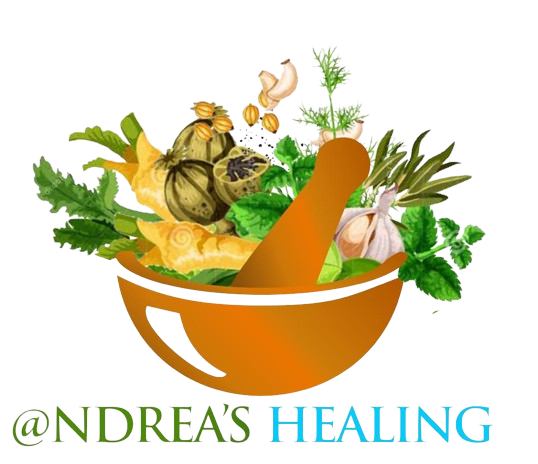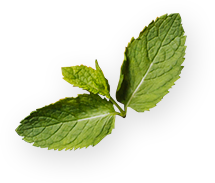
February 9, 2023
For centuries, herbal remedies have been an integral part of traditional medicine, offering a natural approach to health and healing. These remedies, derived from plants, roots, and herbs, have been used to treat a variety of ailments and promote overall well-being. But what is it about these natural solutions that make them so effective, and how do they benefit human health? Here, we unravel the mystery behind herbal remedies and their impact on our health.
1. Ancient Wisdom and Modern Science
Herbal remedies are grounded in ancient wisdom passed down through generations. Traditional practices from Ayurveda, Traditional Chinese Medicine (TCM), and Native American healing have long utilized plants for their medicinal properties. Modern science is now catching up, with numerous studies validating the effectiveness of these age-old remedies. For example:
- Turmeric: Used in Ayurveda for its anti-inflammatory properties, modern research confirms that curcumin, the active compound in turmeric, has potent anti-inflammatory and antioxidant effects.
- Ginkgo Biloba: Used in TCM to improve cognitive function, studies show it can enhance memory and treat symptoms of dementia.
2. Holistic Approach to Health
Herbal remedies take a holistic approach, focusing on treating the underlying causes of illness rather than just the symptoms. This contrasts with many conventional medicines that often target specific symptoms. By addressing the root cause, herbal remedies promote balance and harmony within the body, leading to long-term health benefits.
3. Natural and Fewer Side Effects
One of the key advantages of herbal remedies is that they are natural and typically have fewer side effects compared to synthetic drugs. Pharmaceuticals often come with a list of potential side effects, some of which can be severe. In contrast, herbs tend to work gently with the body’s natural processes, reducing the risk of adverse reactions. For instance:
- Peppermint: Used to soothe digestive issues, is generally safe with minimal side effects.
- Echinacea: Popular for boosting the immune system, has a good safety profile when used appropriately.
4. Rich in Nutrients and Bioactive Compounds
Herbs are packed with essential nutrients and bioactive compounds that support overall health. These include vitamins, minerals, antioxidants, and phytochemicals. For example:
- Rosemary: Contains antioxidants like rosmarinic acid, which protects cells from damage.
- Garlic: Rich in allicin, known for its antibacterial and heart-protective properties.
These nutrients and compounds help strengthen the immune system, fight oxidative stress, and support various bodily functions.
5. Personalized Medicine
Herbal remedies can be tailored to meet individual health needs, offering a personalized approach to medicine. Practitioners of herbal medicine often consider a person’s unique constitution, lifestyle, and specific health concerns when recommending treatments. This personalized care can lead to more effective and sustainable health outcomes.
6. Preventive Health
Herbal remedies are not just for treating illnesses; they play a crucial role in preventive health. By incorporating herbs into daily life, individuals can enhance their overall well-being and prevent the onset of diseases. Examples include:
- Green Tea: Regular consumption can help prevent cardiovascular diseases and certain cancers.
- Ginger: Known to boost the immune system and prevent infections.
7. Supporting Mental Health
Many herbs are beneficial for mental health, providing natural ways to manage stress, anxiety, and depression. For instance:
- St. John’s Wort: Known for its antidepressant properties.
- Lavender: Commonly used to reduce anxiety and improve sleep quality.
These herbs can support mental well-being without the dependency issues associated with some pharmaceutical treatments.
8. Sustainability and Accessibility
Herbal remedies offer a sustainable and accessible form of healthcare. Many herbs can be grown in home gardens, reducing the need for manufactured pharmaceuticals. This not only supports environmental sustainability but also makes healthcare more accessible to people around the world.
Conclusion
The mystery of herbal remedies lies in their ability to harness the natural healing powers of plants. By integrating ancient wisdom with modern science, these remedies provide a holistic, gentle, and effective approach to health. From enhancing physical and mental well-being to preventing diseases and promoting sustainability, herbal remedies hold a valuable place in modern healthcare. Embrace the benefits of herbal medicine and discover the natural path to a healthier life.






